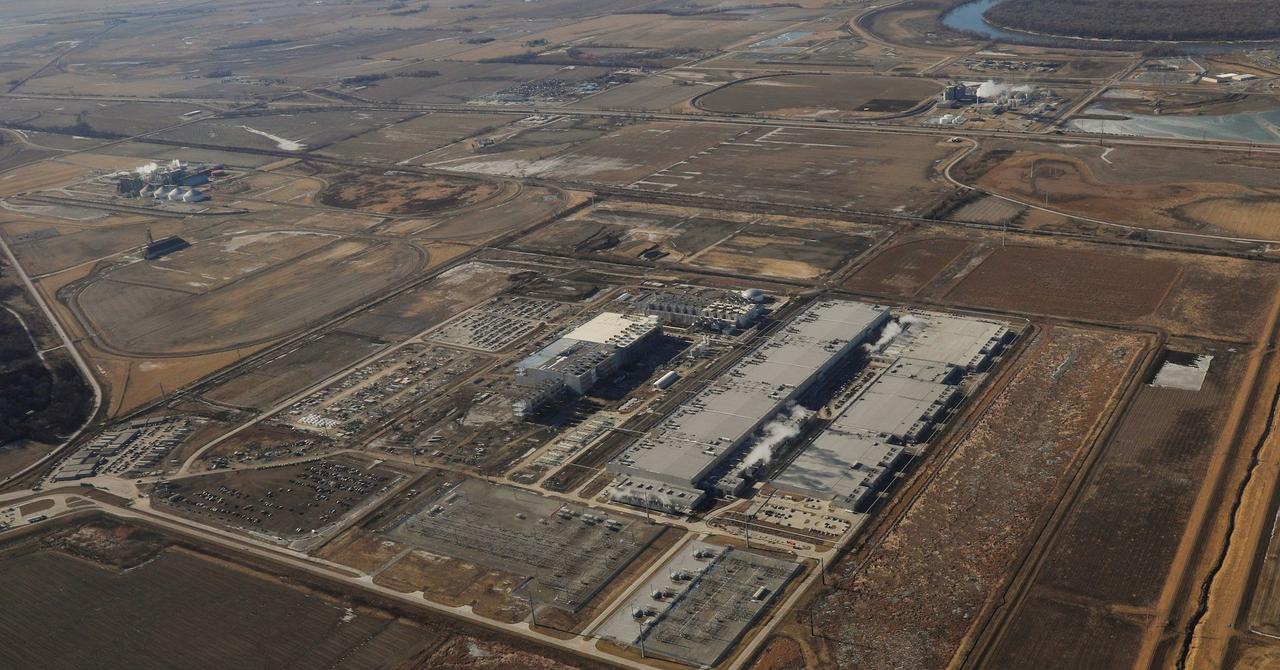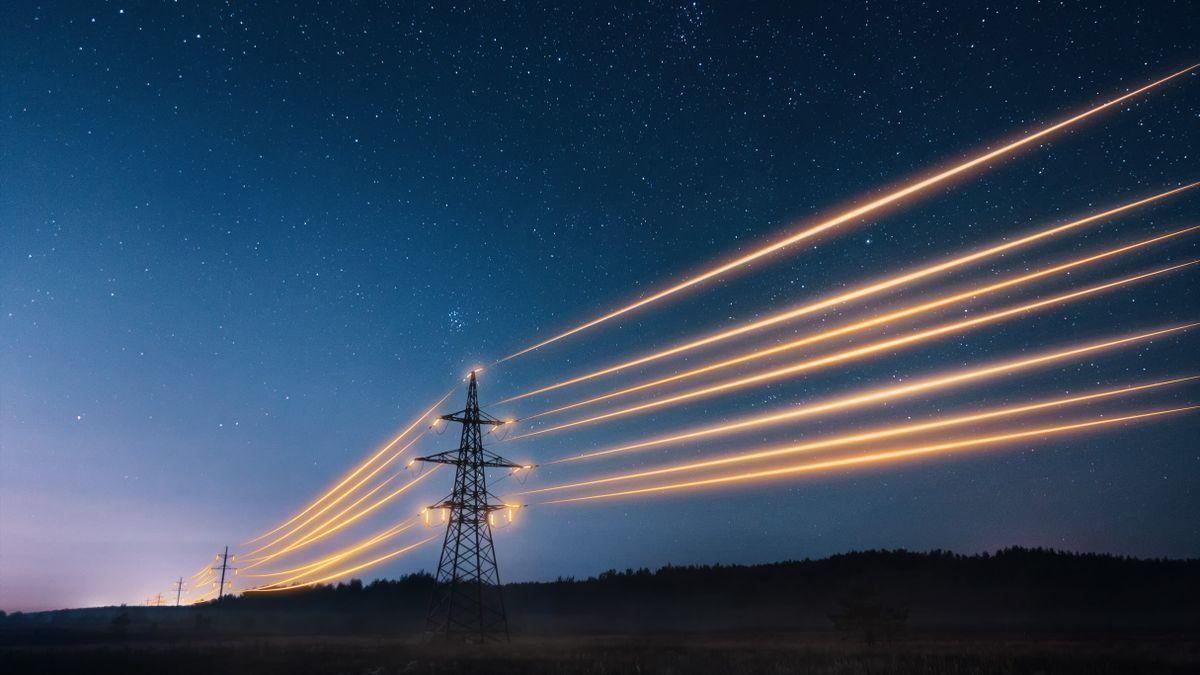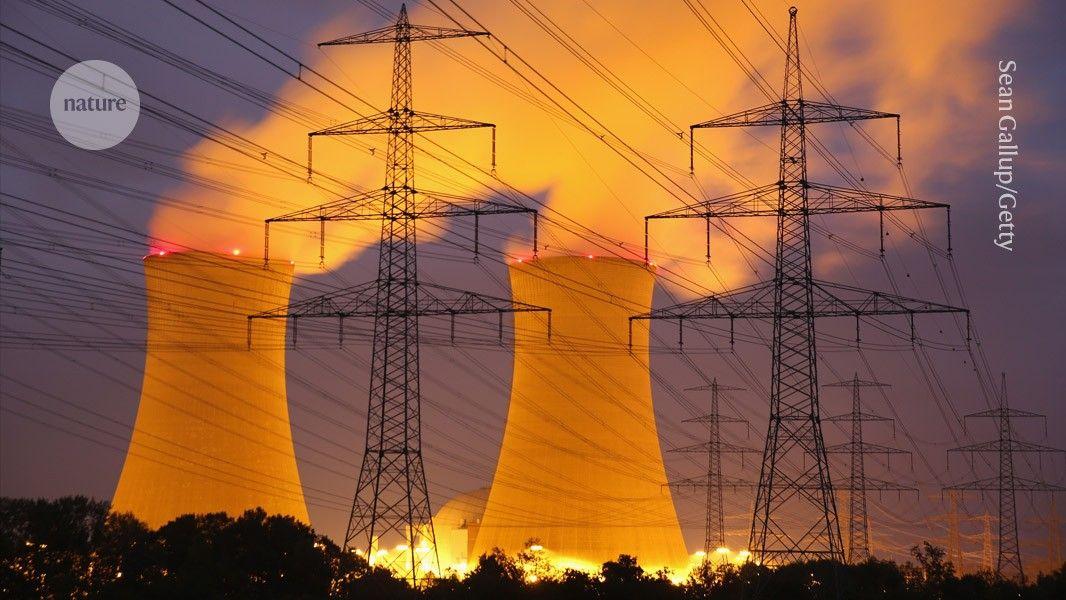U.S. Data Center Power Consumption Could Triple by 2028, Driven by AI Boom
2 Sources
2 Sources
[1]
Exclusive: U.S. data center power use could nearly triple by 2028, DOE-backed report says
NEW YORK, Dec 20 (Reuters) - U.S. data center power demand could nearly triple in the next three years, and consume as much as 12% of the country's electricity, as the industry undergoes an AI transformation, according to an unpublished Department of Energy-backed report seen by Reuters. The Lawrence Berkeley National Laboratory report, which is expected to be released on Friday, comes at a time when the U.S. power industry and government agencies attempt to understand how the sudden rise of Big Tech's data center demand will affect electrical grids, power bills and the climate. By 2028, data center annual energy use could have a total power demand of between 74 and 132 gigawatts, or between 6.7% to 12% of total U.S. electricity consumption, according to the Berkeley Lab report. The industry standard-setting report included ranges that depended partly on the availability and demand for a type of AI chip known as GPUs. Currently, data centers make up a little more than 4% the country's power load. "This really signals to us where the frontier is in terms of growing energy demand in the U.S.," said Avi Shultz, director of the DOE's Industrial Efficiency and Decarbonization Office. Reporting by Laila Kearney; Editing by Chizu Nomiyama Our Standards: The Thomson Reuters Trust Principles., opens new tab Suggested Topics:Climate & EnergyRegulatory OversightGovernanceGrid & InfrastructureGas
[2]
Exclusive-U.S. data center power use could nearly triple by 2028, DOE-backed report says
NEW YORK (Reuters) - U.S. data center power demand could nearly triple in the next three years, and consume as much as 12% of the country's electricity, as the industry undergoes an AI transformation, according to an unpublished Department of Energy-backed report seen by Reuters. The Lawrence Berkeley National Laboratory report, which is expected to be released on Friday, comes at a time when the U.S. power industry and government agencies attempt to understand how the sudden rise of Big Tech's data center demand will affect electrical grids, power bills and the climate. By 2028, data center annual energy use could have a total power demand of between 74 and 132 gigawatts, or between 6.7% to 12% of total U.S. electricity consumption, according to the Berkeley Lab report. The industry standard-setting report included ranges that depended partly on the availability and demand for a type of AI chip known as GPUs. Currently, data centers make up a little more than 4% the country's power load. "This really signals to us where the frontier is in terms of growing energy demand in the U.S.," said Avi Shultz, director of the DOE's Industrial Efficiency and Decarbonization Office. (Reporting by Laila Kearney; Editing by Chizu Nomiyama)
Share
Share
Copy Link
A Department of Energy-backed report reveals that U.S. data center power demand could surge to 12% of the country's total electricity consumption by 2028, largely due to the AI industry's rapid growth.

AI Boom Drives Unprecedented Surge in U.S. Data Center Power Demand
A groundbreaking report backed by the U.S. Department of Energy (DOE) has revealed that the power consumption of data centers in the United States could potentially triple by 2028, largely driven by the rapid expansion of artificial intelligence (AI) technologies. This surge in energy demand poses significant challenges for the country's electrical grids, power bills, and climate goals
1
.Projected Power Consumption
The Lawrence Berkeley National Laboratory report, set to be released on Friday, projects that by 2028, data centers' annual energy use could reach a staggering total power demand of between 74 and 132 gigawatts. This translates to approximately 6.7% to 12% of the total U.S. electricity consumption, a significant increase from the current 4% of the country's power load
2
.AI's Role in Escalating Energy Demand
The report highlights the transformative impact of AI on the data center industry as a key factor in this projected surge. The availability and demand for specialized AI chips, particularly Graphics Processing Units (GPUs), play a crucial role in determining the extent of this increase. This underscores the growing energy appetite of AI technologies and their potential to reshape the landscape of power consumption in the United States
1
.Related Stories
Implications for Infrastructure and Policy
Avi Shultz, director of the DOE's Industrial Efficiency and Decarbonization Office, emphasized the significance of these findings, stating, "This really signals to us where the frontier is in terms of growing energy demand in the U.S." The projected increase in power consumption raises critical questions about the readiness of the country's electrical infrastructure to meet this demand
2
.Challenges for the Power Industry and Government
The report comes at a crucial time when both the U.S. power industry and government agencies are grappling with understanding the implications of this sudden rise in data center demand. Key concerns include:
- The impact on electrical grids and their capacity to handle the increased load
- Potential effects on power bills for consumers and businesses
- Challenges to meeting climate goals and reducing carbon emissions
As the AI industry continues to grow, policymakers and industry leaders will need to address these challenges to ensure sustainable growth while maintaining energy efficiency and environmental responsibility
1
.References
Summarized by
Navi
[1]
Related Stories
Data Centers Driving US Power Consumption to Record Highs: EIA Forecast
11 Jun 2025•Technology

US Power Grid Struggles to Keep Pace with AI Data Center Boom, While China Surges Ahead
15 Aug 2025•Business and Economy

AI-Driven Data Center Energy Consumption Set to Double by 2030, Raising Climate Concerns
11 Apr 2025•Technology

Recent Highlights
1
ByteDance's Seedance 2.0 AI video generator triggers copyright infringement battle with Hollywood
Policy and Regulation

2
Demis Hassabis predicts AGI in 5-8 years, sees new golden era transforming medicine and science
Technology

3
Nvidia and Meta forge massive chip deal as computing power demands reshape AI infrastructure
Technology





